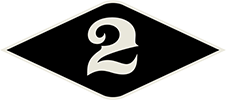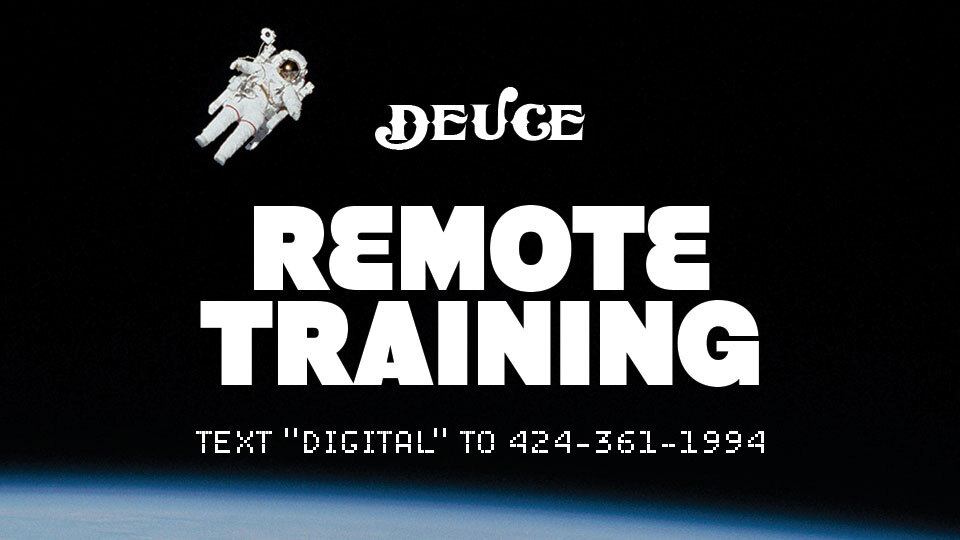
More so than ever, we’re all witness to the power of exponential upside. Instagram, a company not five hundred days old with less than twenty employees and zero revenue, sold for one billion dollars in 2012. In addition, betting just a $100 bill on Bitcoin seven years ago would pay out $72.9 million dollars today.
Sure, there are countless losing start-ups and cryptocurrencies with shaky foundations, but the lesson here isn’t in slam dunk investing. The lesson is upside and its application need not fit inside the context of the exponential growth often found in tech. Far too many of our bets in life are set up so that we don’t lose. The problem is I’d think that if and when you win a bet that you’d like to actually win. What I mean is to not just do better than losing, but win like Instagram won.
We make countless decisions, large and small, that have both upside and downside. Protecting the downside is a common practice amongst decision makers, but less often do I find that decision makers consider upside. There are plenty of decisions with low to moderate downside that, I’d argue, aren’t worth making because they don’t offer much upside. In other words, you should play a game just because you won’t lose. At some point, winning big ought to be the reason for playing in the first place.
I’d like to challenge yourself to make some decisions in your life that aren’t just about protecting your losses. If you want to win big, you’ll need to put yourself in a position for exponential upside.
Is this getting to grandiose for you? I’ll share a simple example I use daily. Consider the act of leaving a tip at a lunch meeting. Let’s say the bill is $34.56. Socialized norms say that a $7 tip is fair and is almost to be expected at just about twenty percent. If I tip $7, the server gets what they expected and the experience is transactionally neutral.
I’m imagining the server picking up the booklet with the receipt in it, checking to see that everything was filled out appropriately, seeing $7, and continuing with the procedures require to prepare the table for the next party. The work routine ensues.
Now, consider the alternative. With the same bill, I tip $9. The downside is eight quarters. The upside? Well, for two dollars, the server picks up the check, checks to see that everything is OK, sees $9, and stops. It’s a remarkable experience immediately because it exceeds expectations.
While the results may vary, taking the first option gives you an anonymous experience and saves you two bucks. The second option makes a noticeable impact on someone’s day and builds a relationship and all it cost for eight quarters.
I’m not juicing bills with slightly inflated tips for a specific outcome, but I do recognize this silly example as one of many with extremely low downside and unlimited upside. The worst case scenario is you show up remarkably in the lives of your server and make a difference. The cherry on top might look like it becoming quite easy to get reservations at packed restaurants that recognize you as a cherished customer. You may find yourself presented with complimentary dishes that return value exponentially greater than the eight quarters that it cost you to play ball. Not to mention, it feels good to have a secret handshake with the entire staff.
If you look hard enough, I’d bet there are a million automatic decisions that you make with virtually no upside that could very “cheaply” (metaphorically or literally) be restructured to include exponential upside. Don’t play small ball because you’re trying not to lose. Play to win!
Logan Gelbrich
@functionalcoach
1/23/18 WOD
Spend 15 min on struct muscle up skills..
Then, complete 3 rounds for time of:
50’ Handstand Walk
20 Alt DB Snatches (80/50)
20 DB Goblet Squats

